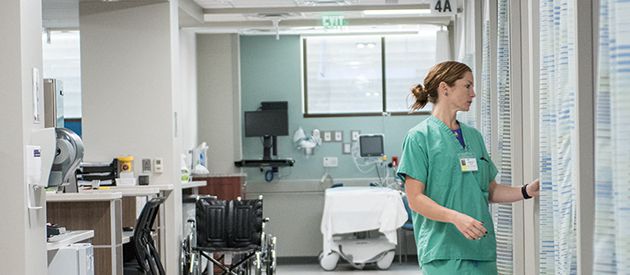Cornea specialists diagnose and treat a wide variety of diseases and injuries to the cornea. They also include refractive surgeons who alter the shape of the cornea (LASIK) to improve vision.
There are several conditions that can affect the cornea, including infections (such as bacterial or viral keratitis), inflammatory diseases, trauma, lesions, genetic disorders, degenerative disorders, autoimmune disorders, nutrition deficiencies, allergies, dystrophies and ectatic disorders (such as keratoconus). The cornea can also be damaged secondarily by other eye conditions such as dry eye syndrome and other tear-film abnormalities, eyelid disorders (keratoconjunctivitis sicca), and glaucoma.
Diagnosis of Corneal Disease
Blurred vision occurs whenever a disease affects either the clarity or the curvature of the cornea. Pain, sometimes quite severe, occurs if the illness affects the nerves in or near the cornea. Trauma resulting in cuts or abrasions of the cornea may also cause pain. Irritation and light sensitivity are common symptoms in many disorders affecting the surface of the cornea.
Treatment for Corneal Disease
When corneas are permanently clouded or injured, cornea surgeons may perform corneal grafts (Cornea Transplant Surgery). The cornea surgeons will identify those potential recipients least likely to reject the tissue and treat the transplanted cornea with appropriately selected eye drops. They also perform reconstructive surgery to repair trauma to the cornea, iris and lens and to remove foreign objects lodged in the surface of the eye.
